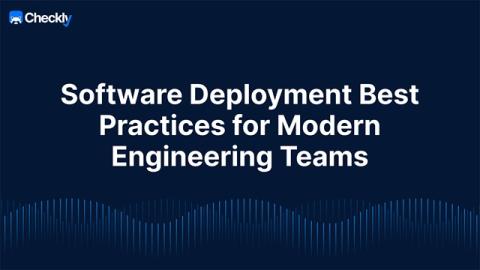Fundamentals of a Successful Logging and Observability Strategy
Your team is responsible for ensuring the reliability and performance of your organization’s critical applications and infrastructure. What keeps you up at night? Your applications are more complex, distributed and cloud-native than ever, meaning that understanding what’s happening under the hood has never been more complex than it is now. Is it system bugs, or data bottlenecks? Chasing alerts for latency or service degradation that may or may not be business-critical?











